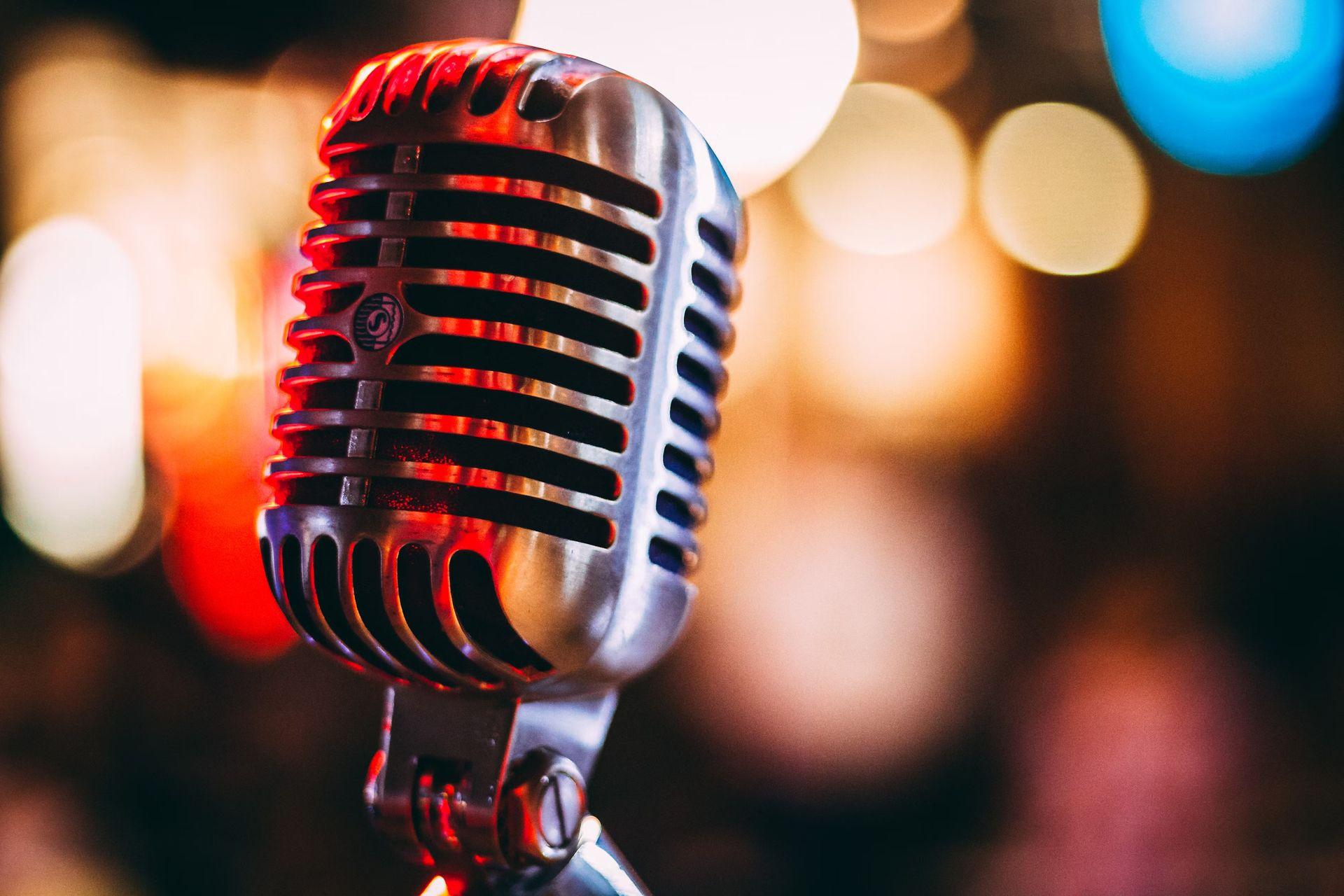Two hundred artists under the banner of the Artists Rights Alliance have penned an open letter to technology firms and creators, urging them not to compromise human artistic expression with the development of AI tools for creating music.
Who is Artists Rights Alliance?
The list of undersigned artists is so power-packed— it features Billie Eilish, the Bob Marley estate, Chappell Roan, Elvis Costello, Greta Van Fleet, Imagine Dragons, Jon Bon Jovi, the Jonas Brothers, Kacey Musgraves, Katy Perry, Mac DeMarco, Miranda Lambert, Mumford & Sons, Nicki Minaj, Noah Kahan, Pearl Jam, Sheryl Crow and Zayn Malik, among others.
“When used irresponsibly, AI poses enormous threats to our ability to protect our privacy, our identities, our music and our livelihoods. Some of the biggest and most powerful companies are, without permission, using our work to train AI models. For many working musicians, artists and songwriters who are just trying to make ends meet, this would be catastrophic,” Artists Rights Alliance states.
Artists Rights Alliance is not so wrong after all. AI systems that create new music, art, and literature do so by analyzing vast collections of existing creations, making it nearly impossible for individual artists to opt-out of their work being utilized in such models. Attempting to do so would be akin to artists trying to prevent piracy of their music—an unlikely success. Moreover, the advancement of technology has made it feasible to produce highly realistic digital impersonations of well-known artists, a capability that is expected to improve further.
Companies such as Adobe and Stability AI are developing AI music generation platforms that incorporate either licensed music or tracks that are free of royalties. However, even these innovations pose potential challenges for artists who compose music for television commercials or provide beats for other artists to license, potentially diminishing their opportunities.

Musicians have often found themselves at a disadvantage with the advancement of technology. Initially, file-sharing platforms facilitated easy access to free music; then came streaming services, which were seen as a solution but have not fully satisfied artist compensation concerns. The Union of Musicians and Allied Workers (UMAW) has been actively advocating for improved streaming revenue for artists, pointing out that Spotify’s average payout per stream is approximately $0.0038. This underlines the reason for musicians’ apprehension towards new technological developments in their industry.
Writers are making their voices heard in the debate over generative AI as well. In July, more than 15,000 authors rallied together to sign an open letter directed at the leadership of OpenAI, Alphabet, Meta, Stability AI, IBM, and Microsoft.
Their letter criticized how these AI technologies replicate and recycle their words, narratives, styles, and concepts, feeding off millions of copyrighted texts—books, articles, essays, and poems—without any form of compensation.
WGA deal: Writers strike deal details about AI and beyond
However, it appears these concerns are falling on deaf ears within the tech industry. Platforms like ChatGPT continue to demonstrate their ability to generate content reminiscent of specific authors, such as producing text in the manner of Margaret Atwood, despite the quality being less than perfect. This suggests the AI has absorbed and can regurgitate elements from works like “The Handmaid’s Tale,” albeit in a diminished form. Given the current state of copyright law, which hasn’t evolved to effectively address the challenges posed by generative AI, seeking legal redress seems futile at this juncture.
Artists Rights Alliance finishes the letter with this statement:
“This assault on human creativity must be stopped. We must protect against the predatory use of AI to steal professional artists’ voices and likenesses, violate creators’ rights, and destroy the music ecosystem. We call on all AI developers, technology companies, platforms and digital music services to pledge that they will not develop or deploy AI music-generation technology, content or tools that undermine or replace the human artistry of songwriters and artists or deny us fair compensation for our work.”
Featured image credit: Kerem Gülen/Midjourney






